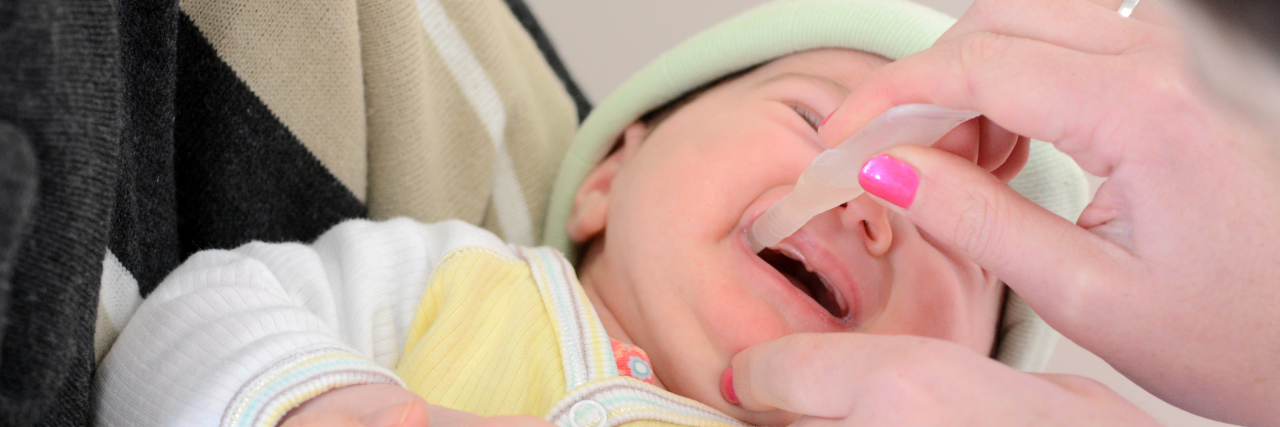A vaccine for rotavirus, a severe stomach virus, may have an unintended benefit. Australian researchers recently discovered the vaccine may also help prevent type 1 diabetes.
Starting in 2007, babies in Australia began receiving the rotavirus vaccine at 2 months and 4 months old. It is believed by age 5 nearly all kids have been infected with rotavirus. Previous research has suggested that rotavirus may trigger the onset of type 1 diabetes in children who are already genetically susceptible by causing an immune response against the pancreas which produces insulin.
Because of the potential link to type 1 diabetes, scientists looked at the number of Australian kids diagnosed with type 1 diabetes from 2000 to 2015 — eight years before and after the vaccine was introduced.
The findings were released in a study published earlier this week in the journal JAMA Pediatrics. Research showed diagnoses of type 1 diabetes in children aged 0 to 4 years old dropped by 14 percent starting in 2007. This marked the first time the type 1 diabetes rate among Australian kids had decreased since the 1980s.
“The significant decrease… wasn’t seen in older children aged 5-14,” lead study author Kirsten Perrett told the University of Melbourne. “This suggests the young children could have been exposed to a protective factor that didn’t impact older children.”
Researchers are careful to note that so far, the connection between the vaccine and type 1 diabetes is just a correlation, and the vaccine has not been proven to be the direct cause of the diabetes decrease. They also don’t know if the benefit to type 1 diabetes is permanent or not, or if it only applies to Australian children. A similar study in Finland that utilized a smaller sample size and a shorter time frame did not achieve the same results.
A rotavirus vaccine was first approved in the U.S. in 1998 but was quickly removed from the market after it caused an increased risk of intussusception, a life-threatening intestinal condition. It was put back on the immunization schedule in 2006 and the Centers for Disease Control recommends infants receive it on the same schedule as Australian kids, at 2 months and 4 months old. The vaccine was first introduced to the U.K. in 2013. As of May 2016, 81 countries have introduced the vaccine into their national immunization program.
The study authors are continuing their research by comparing immunization records of children with and without type 1 diabetes and plan to complete it at the end of 2019.
Getty photo by chameleonseye

